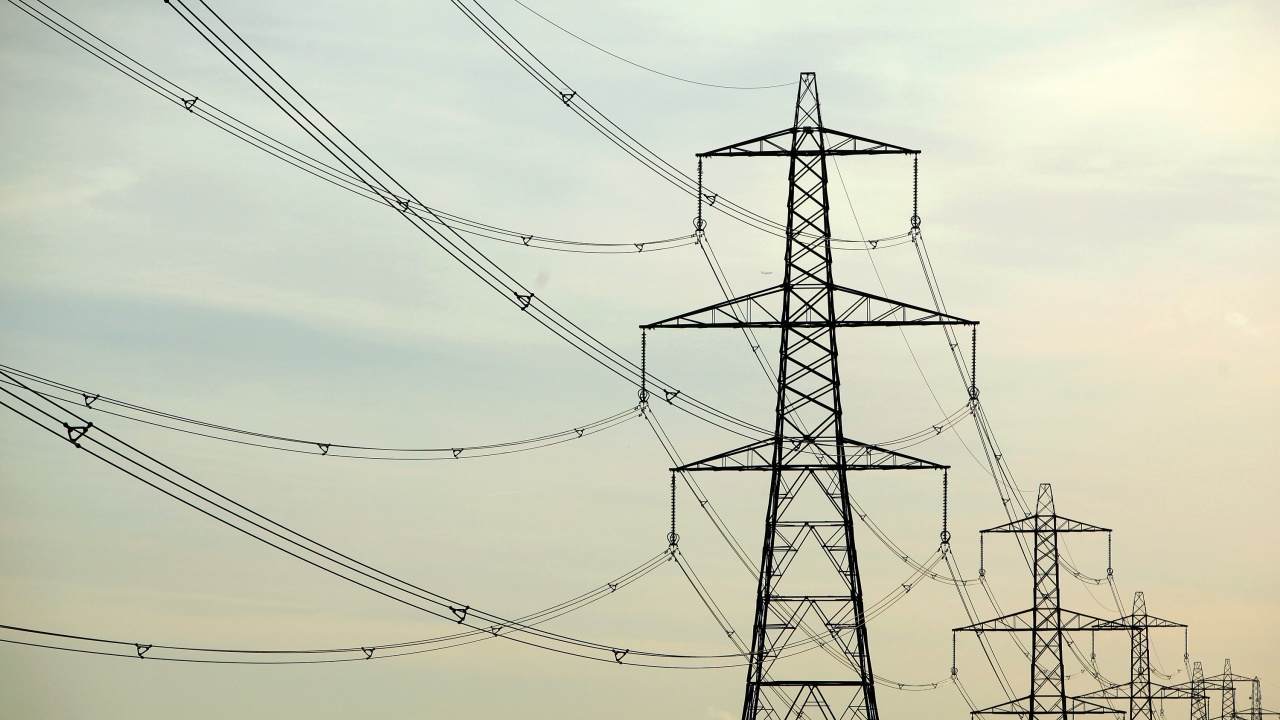Listen to the news
Croatia is capping electricity and basic food prices to help households and businesses cope with rising inflation and the energy crisis, Croatian media reported, citing Prime Minister Andrej Plenković.
The value of the package of measures is close to HRK 21 billion (EUR 2.8 billion).
Earlier this year, the government approved measures with the same objective worth 4.8 billion Croatian kuna (640 million euros).
Presenting the measures at a government meeting, Plenkovic said the cabinet is introducing a "powerful, fair and comprehensive" program to protect people's living standards, protect the functioning of public institutions and maintain the high rate of economic growth, Hina informed.
Plenkovic specified that the program is mainly aimed at those most affected by the increased prices and at those most in need.
"We redistribute what we have in a fair way," he added.
July inflation in Croatia, which is due to join the eurozone in January, hit a record high of 12.3 percent year-on-year.
A measure to cushion the blow from rising electricity prices foresees that from October 1 to March 31 next year, households will pay 59 euros per megawatt-hour for consumption up to 2,500 kilowatt-hours and an average of 88 euros for consumption above that, Croatian national television reported.
Kindergartens, schools, homes for the elderly and other public institutions will pay 62 euros per megawatt hour.
For companies, the price will vary between EUR 180 and EUR 230 depending on the amount of energy used.
Croatia imports 45 percent of its annual electricity needs and about 77 percent of its natural gas consumption, Reuters notes.
The Croatian government also decided today to put a ceiling on the prices of nine food products, including oil, flour, sugar, pork, chicken and minced meat, in order to preserve the purchasing power of citizens, Hina informed.
Croatia has extended by 30 days the validity period of reduced excise duties on gasoline and diesel
The highest retail price for a liter of sunflower oil must not exceed 15.99 kuna (2.12 euros), and the retailer's margin can be a maximum of 5 percent.
The highest retail price of long-life milk with a fat content of 2.8 percent must not exceed 7.39 kunas (0.98 euros) per liter, with a maximum margin of 5 percent.
White sugar must not cost more than 7.99 kunas (1.06 euros) per kilogram, and the margin is limited to a maximum of 1 percent.
The highest retail price for white flour per kilogram must not exceed 5.99 kunas (0.80 euros) with a maximum profit margin of 5 percent.
The price of boneless pork shoulder and bone-in pork neck cannot be more than 24.99 kuna (€3.32) per kilogram, and for minced meat mixture 32.99 kuna (€4.38) per kilogram, with the maximum surcharge is 1 percent.
A whole chicken cannot be sold for more than 24.99 kuna (3.32 euros) per kilogram, with a maximum margin of 5 percent.
The Government's decision applies to retailers in Croatia and enters into force on the day of its publication in the Official Gazette.
The Minister of Economy and Sustainable Development, Davor Filipovic, said that with this decision, the government is reducing the prices of the nine best-selling food products by more than 30 percent.
Pensioners will also be supported.
The price of gas is limited until March 31 next year.
Croatia's economy grew 7.8 percent year-on-year in the second quarter and the government said it expects it to grow further in the third quarter thanks to tourism, which accounts for 20 percent of Croatia's gross domestic product, Reuters reported, citing BTA.
Croatia
foods
electricity
price ceiling
